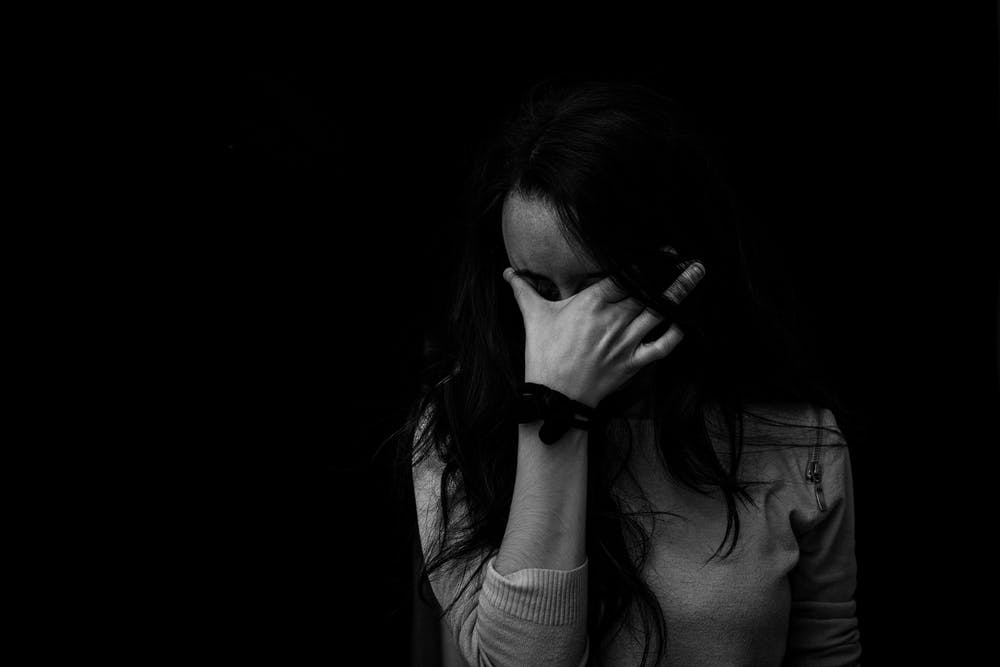During the pandemic, we are all feeling a little anxious, nervous, sad, and wondering what is going to happen as businesses begin to reopen and we try to get back to normal. It is hard to find anyone who isn’t exhibiting some small signs of depression during these uncertain times. However, because everyone is feeling down, it may be easy to overlook real depression. Is it the situation that’s causing the depression or do you have chronic depression?
A bad mood is often described as situational depression, where the sadness may be triggered by a specific event or circumstance. Circumstances include a death, divorce, new job, starting school, or even an accident. Or, in current day – COVID-19. This is often temporary and can be relieved in a shorter period of time.
Symptoms include:
-
- Feelings of sadness, nervousness or hopelessness
- Headaches, stomachaches or fast breathing
- Changes in sleep or eating
- Using alcohol or drugs
You may feel down, but you are able to function day-to-day and get out of bed to go to work.
Depression is a mood disorder where feelings of sadness and hopelessness lasts longer than two weeks. Unlike situational depression where you can pinpoint the potential cause to a specific event, chronic depression can be hard to figure out the root cause.
Symptoms include:
-
- Loss of interest in usual activities
- Feelings of hopelessness and worthlessness
- Changes in weight, energy, appetite and sleep
- Having trouble focusing and concentrating
- Thoughts of suicide
If you are feeling slightly down in the dumps, but are able to function, go to work and eat, you may find relief by making slight changes in your lifestyle. Things like a good exercise routine and a well-balance diet can go a long way. With situational depression, a few sessions with a therapist can help you learn a few new coping skills to deal with your feelings.
However, chronic depression will need more than just exercise and a good nutrition. With chronic depression, you may need a mix of medications and consistent talk therapy with a good counselor. Some alternative therapies include IV hydration therapy, acupuncture, meditation and also ketamine infusions.
If you are feeling down and also having a hard time functioning in daily life, contact our office for your consultation today.
Ready to Schedule a Free Consultation?


Recent Comments